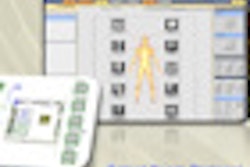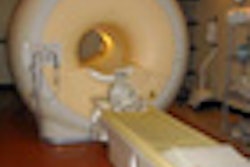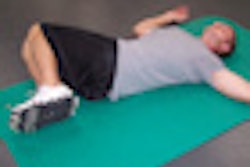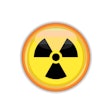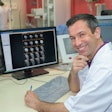Federal investigators inspecting the New Hampshire hospital at the center of an outbreak of hepatitis C infections found a number of violations of healthcare rules, with infractions including a staff member with weeping sores working in a patient care area, according to a report issued this week.
The report from the U.S. Centers for Medicare and Medicaid Services (CMS) on infection and medication control practices at Exeter Hospital is the outcome of site visits that occurred in June and July, shortly after hospital officials revealed a mysterious outbreak of hepatitis C infections among patients who had been treated at the facility's cardiac catheterization lab.
A traveling technologist who had worked at Exeter, David Kwiatkowski, was arrested in July on charges of stealing fentanyl for his own use from the cardiac cath lab, and putting contaminated syringes back into the hospital's supply, allegedly leading to the infections.
CMS performed an unscheduled inspection on June 6, followed by a visit by a staff of six inspectors July 10-13. According to the report, CMS investigators found a number of deficiencies, including the following:
Nursing staff left pain medication vials unsecured on medication carts when they put on lead aprons prior to cardiac cath procedures, and in one case a nurse left the procedure room to retrieve an apron. Meanwhile, coworkers who did not have authority to handle medications, such as cardiac cath technologists, had access to the medication cart.
In one case, an employee with draining wounds was allowed to participate in an environment where invasive procedures were being performed, the report stated. The employee in question had three open lesions and a finger cut that needed stitching, and had been asked to leave the work area several times due to "weeping and discharge of fluids and blood-like stains" on the employee's scrubs.
Policies and procedures were not being followed for the cleaning and disinfection of glucometers between each patient use, the wearing of appropriate personnel protective equipment, and infection control practices in employees with "nonintact skin" working in patient care areas.
On one occasion, a healthcare staff member was found not wearing proper precaution gear in the room of a patient who had a sign on their door notifying staff that such gear should be worn.
In a response to the CMS report, Exeter Hospital officials said they had responded to each of the report's findings. With respect to pain medication procedures, the hospital several weeks ago modified its procedures such that filled syringes are now locked up by a nurse until the moment they are needed. The hospital said it was also addressing the other points in the CMS report, through design and/or policy changes.




